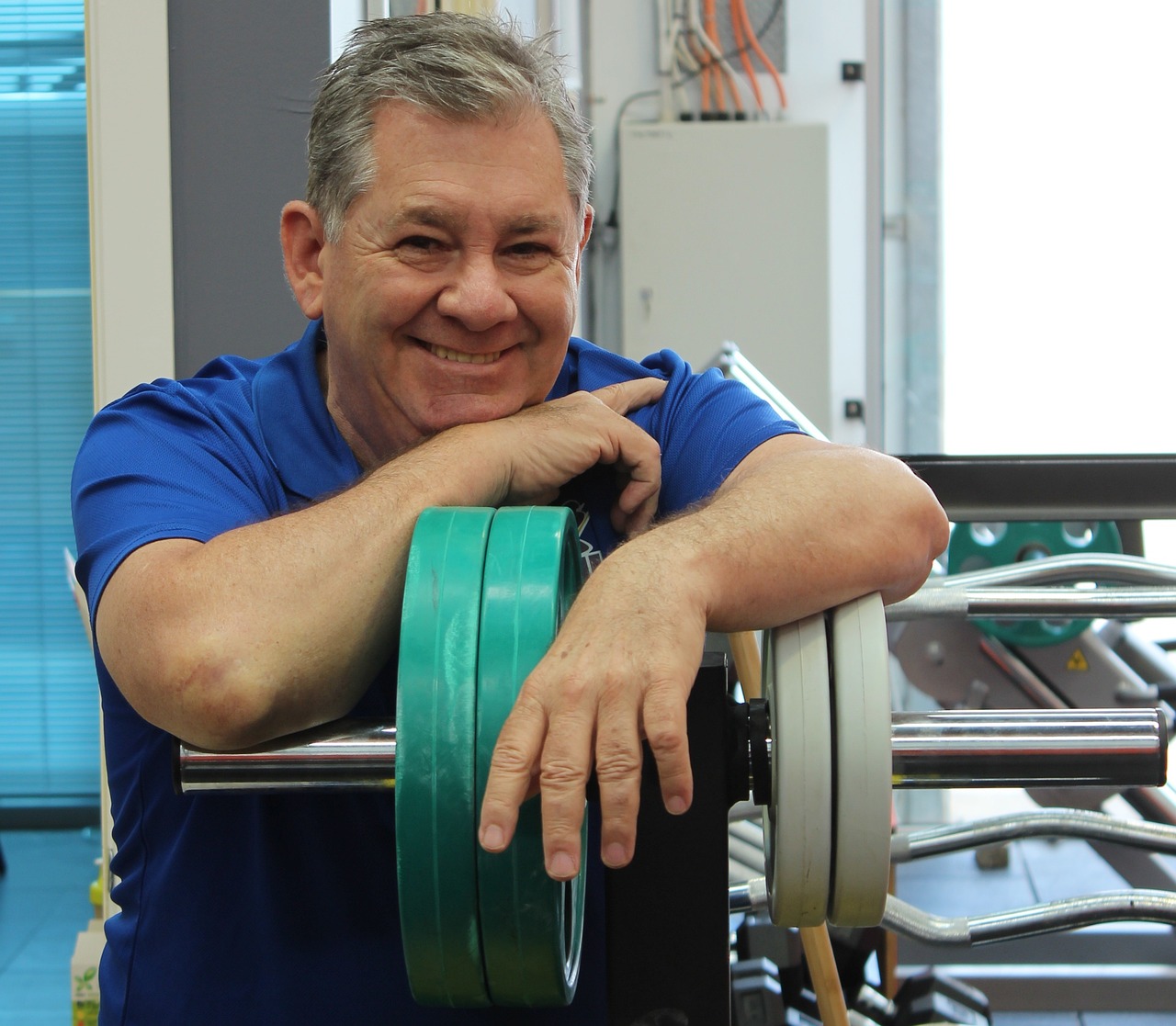Exercise is one of the most beneficial activities you can incorporate into your daily routine. Not only does it enhance physical fitness, but it also has profound effects on overall health and longevity. Let’s explore why exercise is so important and how it can help you live a longer, healthier life.
Why Exercise is Important
1. Improves Physical Health:
Regular physical activity strengthens your muscles and bones, improving your strength, flexibility, and endurance. It helps maintain a healthy weight, reduces the risk of chronic diseases such as heart disease, diabetes, and cancer, and improves cardiovascular health.
2. Boosts Mental Health:
Exercise is a powerful tool for mental well-being. It can help alleviate symptoms of depression and anxiety, reduce stress, and improve mood. Physical activity stimulates the release of endorphins, which are chemicals in the brain that act as natural painkillers and mood elevators.
3. Enhances Cognitive Function:
Engaging in regular physical activity can enhance brain function and protect memory and thinking skills. Exercise increases blood flow to the brain, promoting the growth of new brain cells and improving overall brain health. It can also delay the onset of neurodegenerative disorders such as Alzheimer’s disease.
4. Promotes Better Sleep:
Regular exercise can help you fall asleep faster and enjoy deeper sleep. It can improve sleep quality by reducing the time it takes to fall asleep and increasing the duration of sleep. However, it’s important to avoid vigorous exercise close to bedtime, as it may interfere with your ability to fall asleep.
5. Boosts Immune System:
Exercise can boost your immune system, making you more resistant to illnesses. Regular physical activity promotes good circulation, which allows the immune cells to move through the body more effectively and do their job more efficiently.

Impact of Exercise on Longevity
1. Reduces Risk of Chronic Diseases:
Regular physical activity is one of the most effective ways to reduce the risk of chronic diseases. Exercise helps manage blood pressure, improves cholesterol levels, and maintains healthy blood sugar levels, all of which are crucial for longevity.
2. Promotes Healthy Aging:
Exercise can help slow down the aging process. It improves muscle strength, flexibility, and balance, reducing the risk of falls and fractures in older adults. It also helps maintain bone density, reducing the risk of osteoporosis.

3. Enhances Quality of Life:
Regular exercise can improve the quality of life as you age. It helps maintain independence, improves mobility, and enhances overall physical and mental well-being. Engaging in physical activities that you enjoy can also provide social benefits, reducing feelings of loneliness and isolation.
4. Extends Life Expectancy:
Studies have shown that regular physical activity is associated with a longer lifespan. Even moderate amounts of exercise can have significant benefits. For example, a study published in the *British Journal of Sports Medicine* found that people who engage in regular physical activity live longer than those who do not, regardless of age, weight, or health condition
How to Incorporate Exercise into Your Routine
1. Start Small:
If you’re new to exercise, start with small, manageable activities. Aim for at least 150 minutes of moderate-intensity aerobic activity or 75 minutes of vigorous-intensity activity each week, as recommended by the Centers for Disease Control and Prevention (CDC). Even short bouts of physical activity, like a 10-minute walk, can add up over time.
2. Choose Activities You Enjoy:
Find physical activities that you enjoy and look forward to doing. Whether it’s dancing, swimming, biking, or playing a sport, engaging in activities you love makes it more likely that you’ll stick with your exercise routine.
3. Mix It Up:
Incorporate a variety of exercises into your routine to keep things interesting and work different muscle groups. Include aerobic exercises (like walking, running, or cycling), strength training (like lifting weights or doing body-weight exercises), and flexibility exercises (like yoga or stretching).
4. Set Realistic Goals:
Set achievable goals that are specific, measurable, and time-bound. Having clear goals can help you stay motivated and track your progress. Celebrate your achievements, no matter how small, to keep yourself motivated.
5. Find a Workout Buddy:
Exercising with a friend or family member can make physical activity more enjoyable and provide accountability. You can encourage and motivate each other to stay active and reach your fitness goals together.
6. Make It a Habit:
Consistency is key to reaping the benefits of exercise. Try to incorporate physical activity into your daily routine. Whether it’s taking the stairs instead of the elevator, walking or biking to work, or scheduling regular workout sessions, find ways to make exercise a regular part of your life.
Exercise is a powerful tool for improving your health and increasing your lifespan. By incorporating regular physical activity into your routine, you can enjoy a multitude of benefits that enhance your physical and mental well-being. Remember, it’s never too late to start exercising and make positive changes to your health. So lace up those sneakers, find an activity you love, and take the first step towards a longer, healthier life. Your future self will thank you!


Leave a Reply